Several Sudan protesters killed in mass rallies against military rule
At least six Sudanese protesters have been killed as security forces sought to quash mass rallies of protesters demanding an end to military rule by General Abdel Fattah al-Burhan.
Witnesses said large crowds on Thursday took to the streets despite heavy security and a communications blackout to rally against the military leadership.
They estimated the crowds in the capital Khartoum and its twin cities of Omdurman and Bahri to be at least in the tens of thousands.
Some protesters carried banners calling for justice for those killed in previous demonstrations.
Others chanted, "Burhan, Burhan, back to the barracks and hand over your companies," a reference to the Sudanese military's economic holdings.
"Even if we die, the military will not rule us," protesters shouted. "Down with Burhan's rule."
In central Khartoum, paramilitary troops fired tear gas, stun grenades and water cannon as they tried to prevent swelling crowds from marching towards the presidential palace.
In Omdurman, witnesses reported tear gas and gunfire as government forces prevented protesters from crossing into Khartoum.
Pro-democracy medics said some of the six were shot dead by "bullets to the chest".
On Wednesday, at least one demonstrator was shot dead during small-scale protests in the run-up to the main rallies.
Medics have reported a total death toll of at least 105 from months of protest-related violence.
The protests on Thursday marked the third anniversary of huge demonstrations during the uprising that overthrew long-time ruler Omar al-Bashir. June 30 also marks the day Bashir took power in a coup in 1989.
The participants at Thursday rallies were also urging the reversal of an October military coup by army chief al-Burhan.
The Sudanese military, led by al-Burhan, seized power last October, after detaining Prime Minister Abdalla Hamdok and other civilian leaders and dissolving the year-old transitional government as well as the joint ruling military-civilian sovereign council formed after the 2019 ouster of Bashir.
Back then, al-Burhan declared a state of emergency and vowed to form what he called a competent government. The move drew anger and outrage across the North African country and sparked international condemnation, including from the UN Security Council.
The country has been rocked by protests since then that have left over 100 people dead and hundreds injured. Hundreds of activists have also been arrested in the clampdown under emergency laws.
Sudan, one of the world’s poorest countries, has been reeling from a plunging economy due to decades of international isolation and mismanagement.
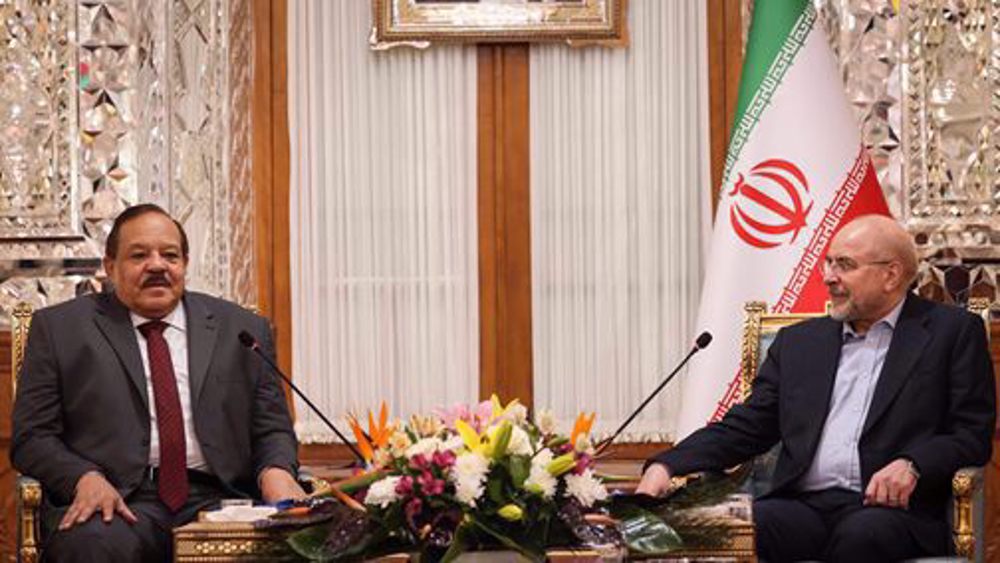
Iran urges establishment of stability, sovereignty in Sudan: Qalibaf
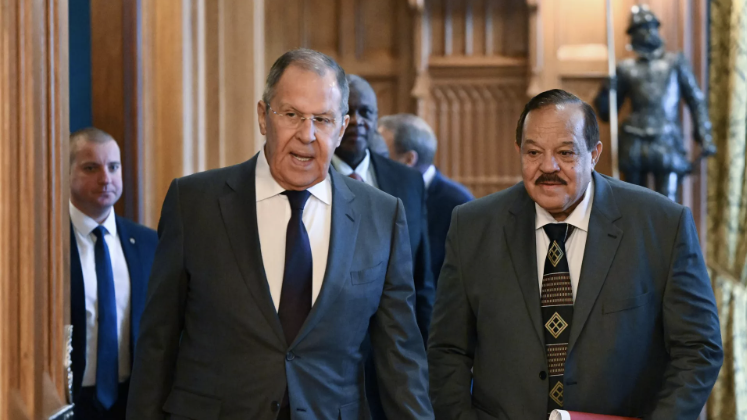
Russia secures agreement for naval base in Sudan
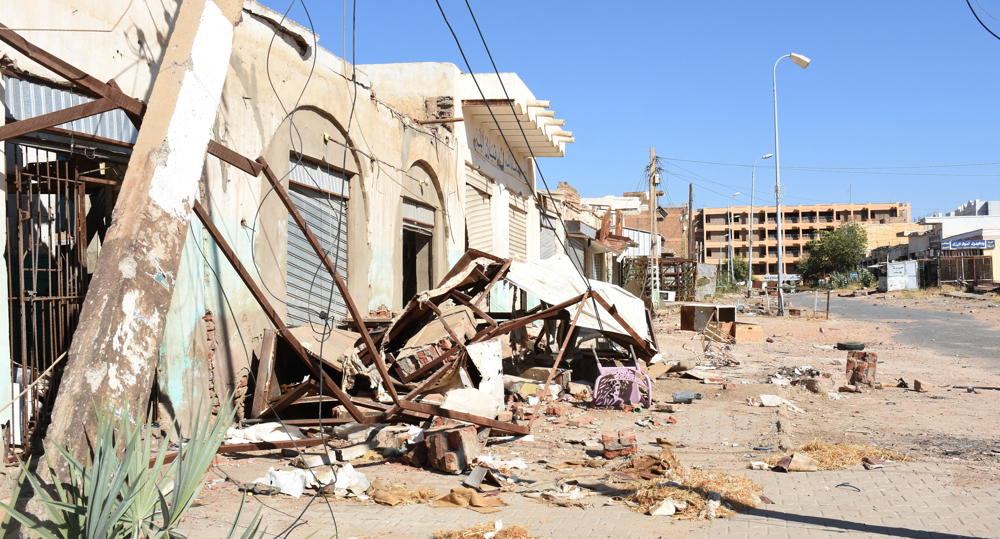
ICC seeks arrest warrants over alleged war crimes in Sudan’s Darfur
Hezbollah's display of power proved resistance cannot be eliminated: Iran parl. speaker
Israel escalates West Bank raids as official says regime seeking to complete Gaza genocide
Palestinian man dies in Israeli prison as Foreign Ministry urges intl. probe into regime’s crimes
Putin says not opposed to Europeans’ involvement in Ukraine talks
VIDEO | Iranian Kurdish protesters demand European action against PKK, PJAK terror
VIDEO | Israel expands offensive in northern West Bank, deploys tanks to Jenin
VIDEO | Spaniards fill streets of Cádiz in solidarity with Palestine
VIDEO | ‘Genocidal war left al-Shati camp in ruins’


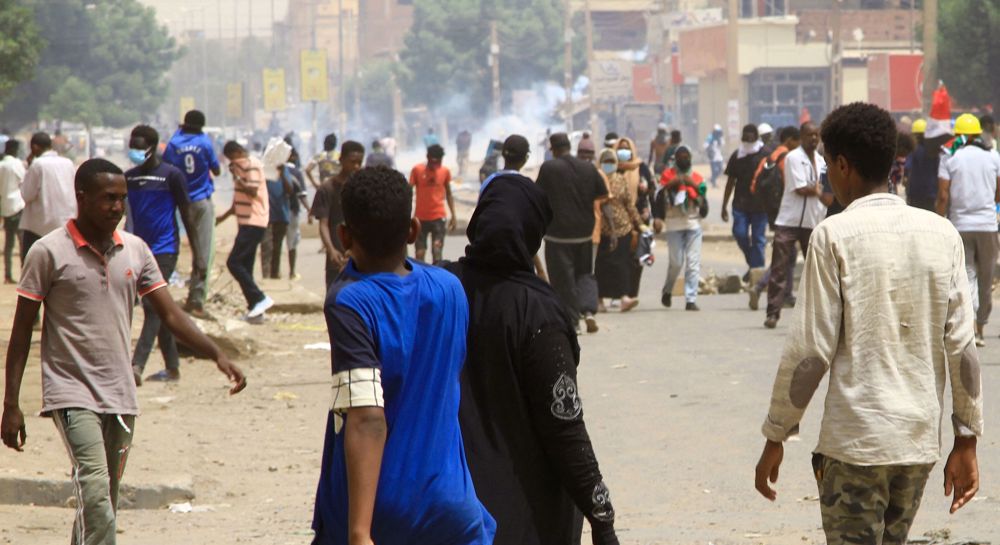
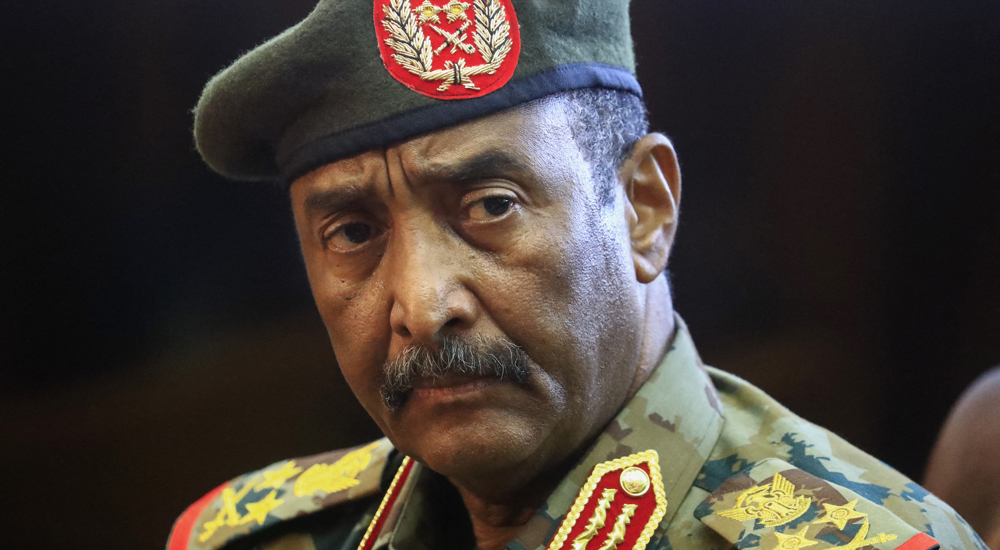
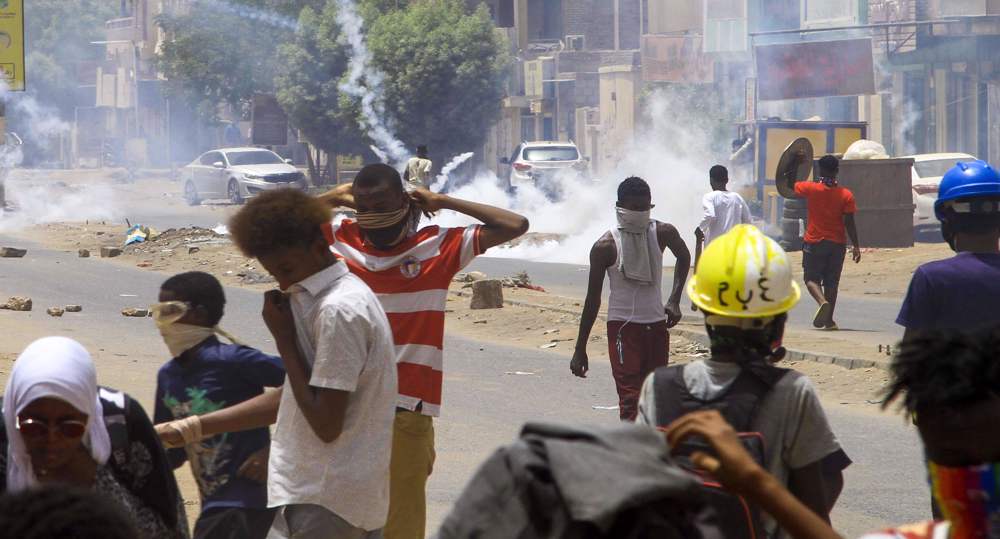



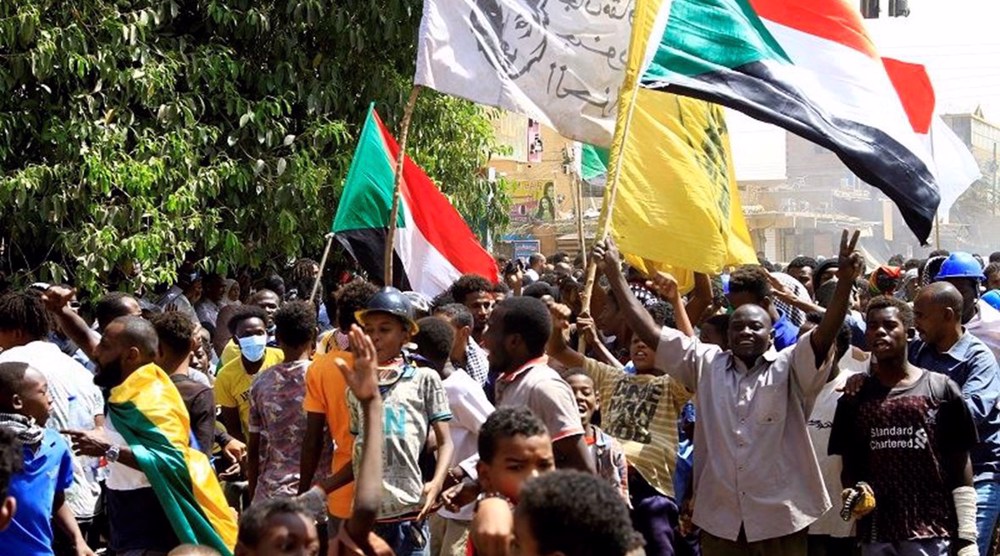
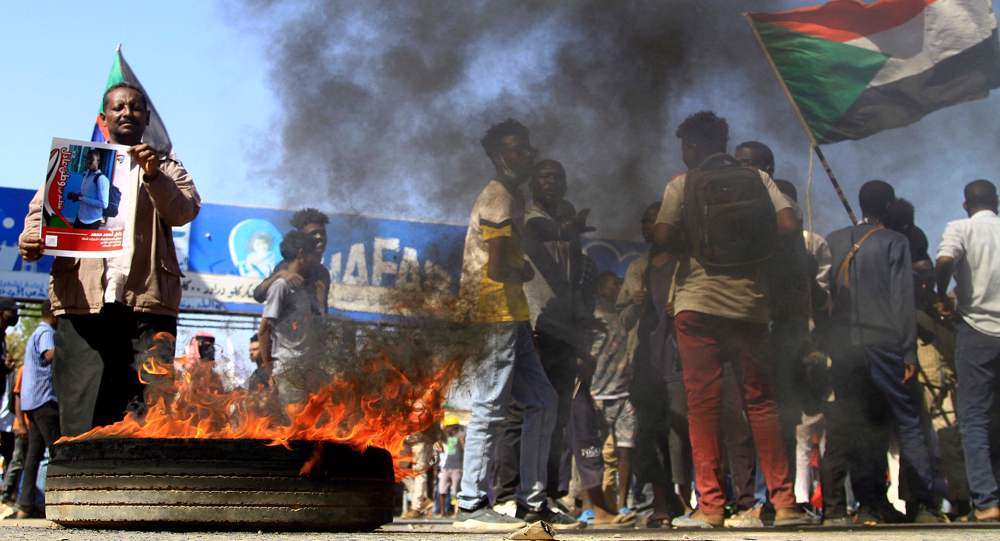
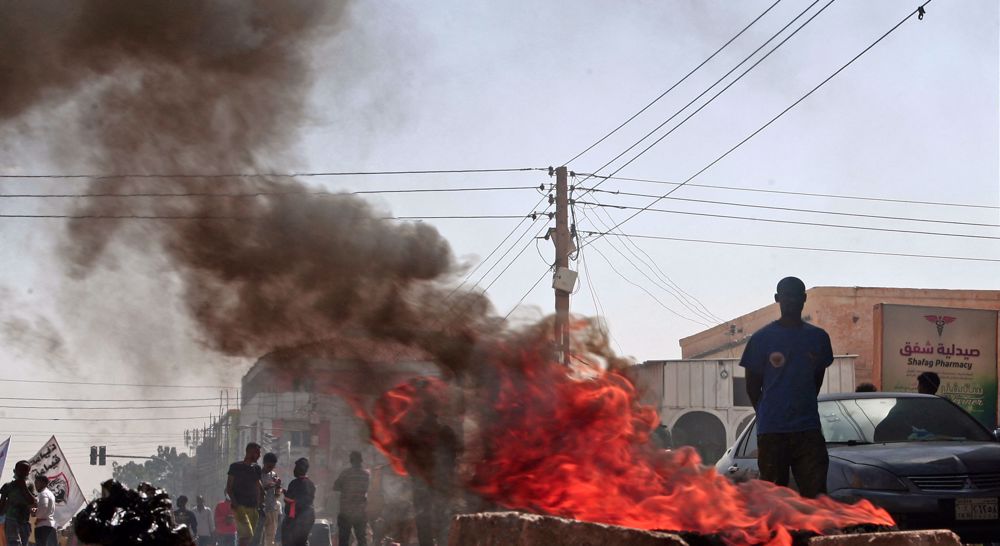
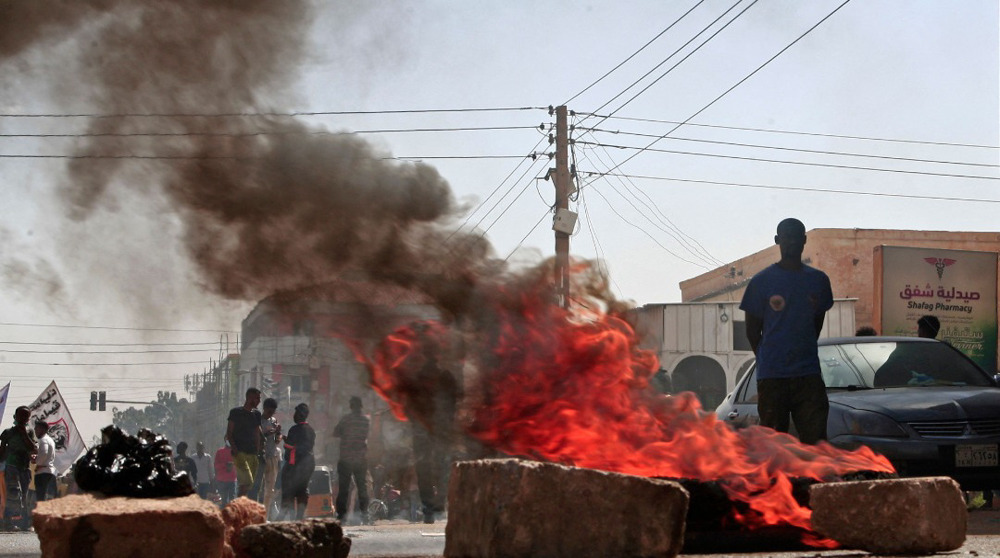
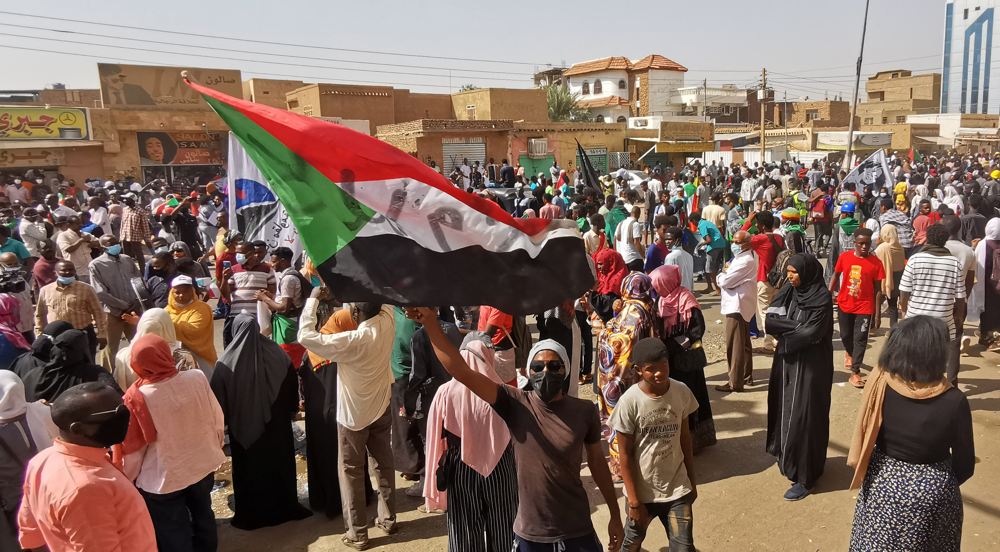
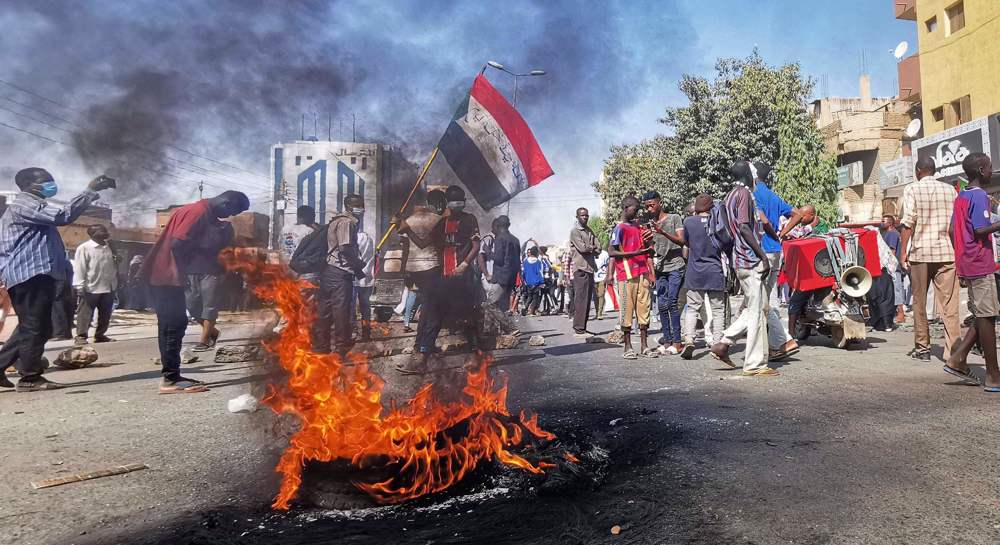
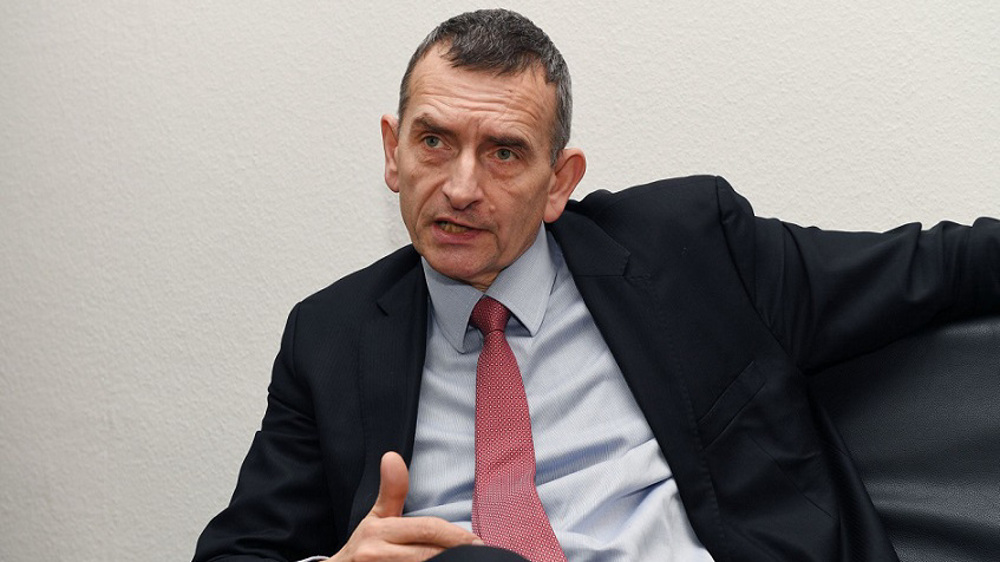

 This makes it easy to access the Press TV website
This makes it easy to access the Press TV website